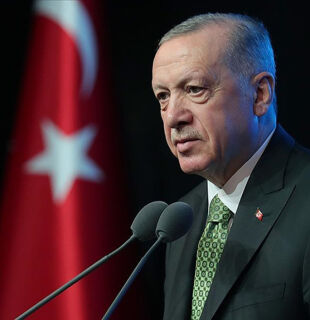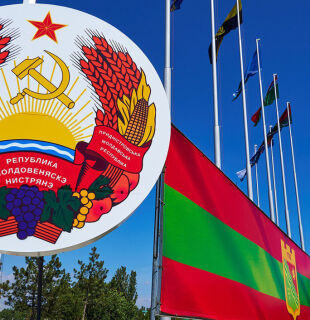
European experts warn about this. They cite data from the World Bank, which notes that Croatia has lost 400,000 specialists in ten years since its accession in 2013. This outflow puts this country in the top five EU countries with the greatest “brain and hand drain.
In Romania, the process has been even more extensive. The country, which became a member of the EU in 2007, has lost one in four citizens by today, according to the Organization for Economic Cooperation and Development.
The situation is complicated by the fact that the EU as a whole is experiencing a severe labor shortage due to an aging population and low birth rate. Forecasts show that the bloc will lose one million workers each year until 2050. In recent years, the mobility of professionals among the bloc’s 27 member states has partially alleviated labor shortages, but not always evenly. Southern and Eastern European countries are suffering a brain drain of skilled workers to the detriment of their economies in favor of more developed ones.
At the same time, some experts believe that the consequences of EU accession may not be as drastic in the next integration wave, as some candidates have been stuck in the process for decades and have already experienced a wave of emigration.
Experts say supportive measures should be taken to retain and attract talent. For example, linking funding to local employment or facilitating circular migration. Candidate countries can focus on reducing factors that discourage skilled workers, for example, by simplifying the path to employment, strengthening key industries and offering better working conditions.
Some countries, recognizing the problem, have already started implementing reforms to encourage the return of their citizens. For example, in Serbia, employers who hire diaspora returnees in innovative and skill-intensive sectors receive tax incentives. Poland piloted a similar mechanism in 2022 when it introduced tax incentives for citizens returning to the country from abroad. So far, 25,000 people have benefited from the scheme.













